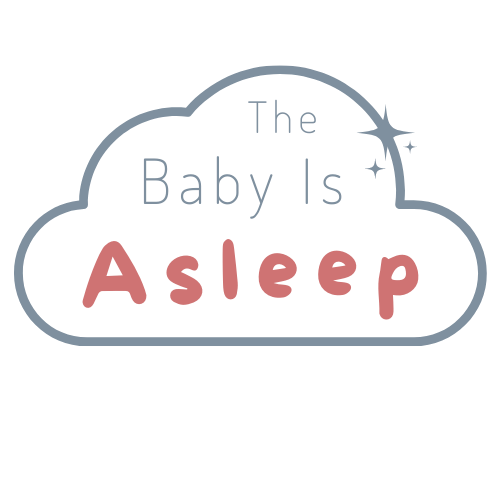Safe Sleep for Toddlers in Big-Kid Beds
Welcome to Part 3 of our Safe Sleep series: Toddlers in big-kid beds!
Part 1: Babies in Cribs
Part 2: Toddlers in Cribs
Now that your toddler is moving to a big-kid bed (or maybe you're just considering it – is your child ready to transition from crib to bed?), you may be wondering: which safe sleep rules are still “in” and which ones are “out”?
Back to sleep – with a toddler in a bed, we no longer have to worry about what position they sleep in. They are strong and mobile enough to move if they need more breathing room. So even if their sleeping position doesn't look comfortable to you, remember their bodies are a lot more squishy and flexible than our adult bodies ;)
Soft bedding – yes, once a toddler has transitioned to a real bed, they can have bedding now! Start with a small pillow and a soft, light blanket for them to get used to. Avoid anything super heavy or bulky at this time – I recommend waiting until 3 or 4 for a child-sized weighted blanket or large comforter.
Nothing in bed with them - it’s totally fine to have a lovey or stuffed animal, just don’t go too overboard so that their sleep is disturbed if they roll over onto them!
Room Safety for Toddlers in Regular Beds
Room safety: now that the child is no longer contained in a crib, we basically need to turn their whole room into a crib for safety. They are too young to withstand temptation to touch things that are breakable or dangerous. Besides, the child's bedroom should only be for sleeping: toys and other items should be kept elsewhere in the home if space allows. (If space does not allow, perhaps the bedroom closet or a chest of drawers with child locks could make good nighttime storage for clothes and books?)
Here are some key safety checks for the bedroom:
outlet covers
pull-down shades for the windows, nothing with cords or strings
sides of bed are away from walls to prevent entrapment
heavy furniture such as dresser or bookcase are anchored to walls
baby monitor mounted near ceiling
all breakable or sharp-cornered items removed
child safety locks on doors to closets, bathrooms, etc.
consider a motion activated camera or a bell on the door if you are concerned about your child leaving the room at night without your hearing them, and potentially getting into trouble
House Rules: I recommend continuing a rule with your child that they stay in their bed until you come to get them out in the morning – just like when they were in the crib. This will help ensure fewer trips out of the room in the night for mischief making, and less temptation for them to fight sleep at night. Consider using an Ok-to-Wake clock for morning wake times and afternoon nap/quiet time!
Plenty of matter-of-fact chatting with your child about these upcoming changes and your expectations for their sleep, as well as building their interest and confidence with staying in their new bed, will help this process go as smoothly as possible!

